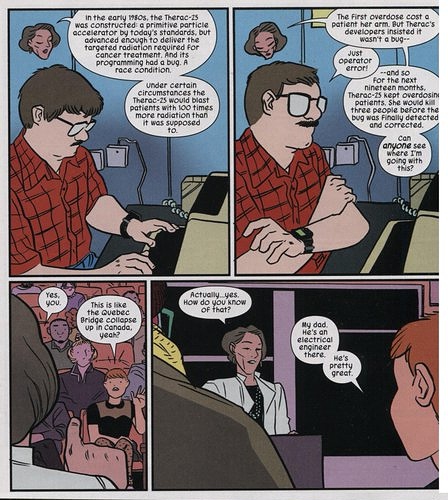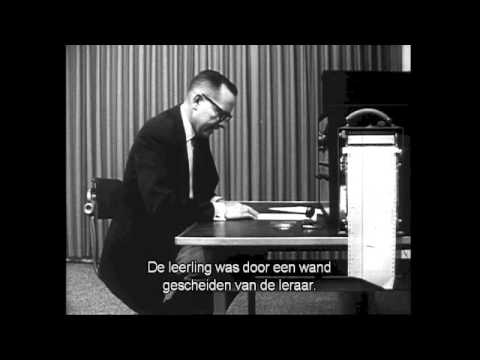“Volkswagen has admitted it used software to deceive regulators in the United States and Europe from 2006 to 2015.”
"Liang’s lawyer…urged [Judge] Cox to consider a sentence of house arrest, saying Liang was not a ‘mastermind’ of the emissions fraud. Liang ‘blindly executed a misguided loyalty to his employer…’
"Federal prosecutor … countered that Liang was a pivotal figure…
“A prison term ‘would send a powerful deterrent message to the rest of the industry’…”
I’m not sure, but it seems like Liang is one of the first to get sentenced here. There are eight VW executives, mostly above him, that have been charged, so it’s not like the programmer alone was getting scapegoated. He probably provided valuable testimony on the higher ups. I think further sentencing remains to occur.
In any event, probably good to say no if asked to code something that contributes to an illegal activity. Or at the least, make sure you at least have plausible deniability if you do so.
[Edit: last line, awkwardly written, should have been more clearly ironic/sarcastic, so as not to be taken as an actual suggestion. I’ve been angry about the use of “plausible deniability” tactic since I first came across the concept in a William Safire column about Reagan and the Contras.]





 Ironically originally hired to save whales but now back to killing them again.
Ironically originally hired to save whales but now back to killing them again.